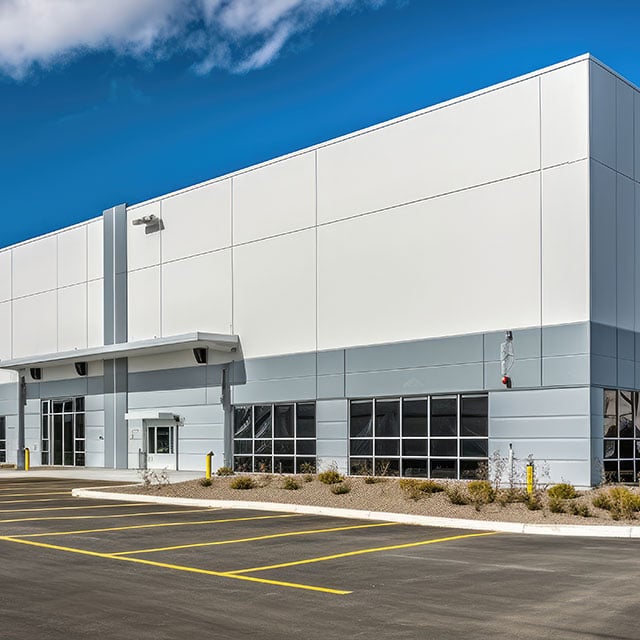On October 31, 2018, the Alberta Energy Regulatory (AER) and Alberta Consultation Office (ACO) released revised Joint Operating Procedures for First Nations and Métis Settlements Consultation on Energy Resource Activities ("Procedures"). The new Procedures do not make significant substantive changes to the consultation process; they clarify the relationship and interactions between the AER and ACO.
New in the 2018 Procedures is a "Roles and Responsibilities" section. This section clarifies current practice, without making additions or changes. For example, the responsibilities of the ACO are explicitly listed as to (1) determine if consultation is adequate, (2) manage the consultation process, (3) assess the adequacy of consultation, and (4) provide advice to the AER on potential further actions required to avoid, minimize, or mitigate adverse impacts on the rights of Indigenous peoples. While not expressly stated in the previous 2015 Procedures, this is not a departure from current practice.
The new Procedures also expand on the ACO report, again without altering current practice. The 2015 Procedures spartanly described the ACO report in two sentences as containing a decision on consultation adequacy and providing advice on mitigation. The new Procedures add that the ACO report will reference the specific concerns underpinning any advice offered to the AER and that the report will be provided to the proponent and First Nation, as well as filed in the public record.
Similarly, the section on AER hearings has also been expanded. What was a one sentence section, now describes the interactions between AER hearings and the ACO report process in more detail. The Procedures acknowledge that hearings may be scheduled before an ACO report is complete and set out how ACO hearing reports may or may not be used. The timing of ACO hearing reports are set as normally 20 business days after the hearing but with flexibility depending on the amount of new evidence adduced at the hearing, and the complexity of the project. The Procedures now require the ACO to advise the AER in writing of the expected timing of its hearing report. This section also clarifies the role of the ACO in a Joint Review Panel adjudication.
There is also a new section on the file number for consultation ("FNC") application supplement. This section sets out the purpose of the FNC application supplement form and clarifies what it should contain. The new Procedures anchor the FNC application supplement in a ministerial order, emphasizing its importance in the application process. However, the contents of the form—a summary of the actions taken or proposed by the proponent to address potential adverse effects—have not changed.
The Procedures also now acknowledge that renewals and amendments of AER decisions may trigger a duty to consult. There is an express call for pre-consultation assessments on AER decision renewals and amendments, unless the activity is listed under appendix C of the consultation guidelines.
There is, however, a significant change on the consultation requirements around Public Lands Act (PLA) applications. Under the previous Procedures, PLA applications were required to proceed under process 2, which required consultation to be complete before submitting an application to the AER. In the new Procedures, some PLA applications may proceed by means of process 3, which allows for concurrent consultation and application to the AER. Table A2 of the PLA Regulations sets out the applications that may use process 3 and those that are required to use process 2. The effect of this change is to decrease timelines for those PLA applications able to use process 3.
Overall, the new Procedures do not make substantive changes to the consultation process. The purpose for the revision, as stated in the Procedures, is clarification, as much for the staff of the AER and ACO as for industry. The new Procedures provide a clearer picture of the interactions between the AER and ACO and thereby aim to reduce uncertainty in the consultation process.
However, there are upcoming renewals to the Alberta First Nations and Métis Settlements Consultation Policies, as well as new federal legislation and changes to existing federal legislation regarding Indigenous peoples and the energy sector. For example, recent discussion on proposed changes to federal legislation illustrate that increased Indigenous participation in the regulatory process is likely forthcoming. Ultimately, while the new Procedures do not substantively change the consultation process, the potential for further changes exist.













